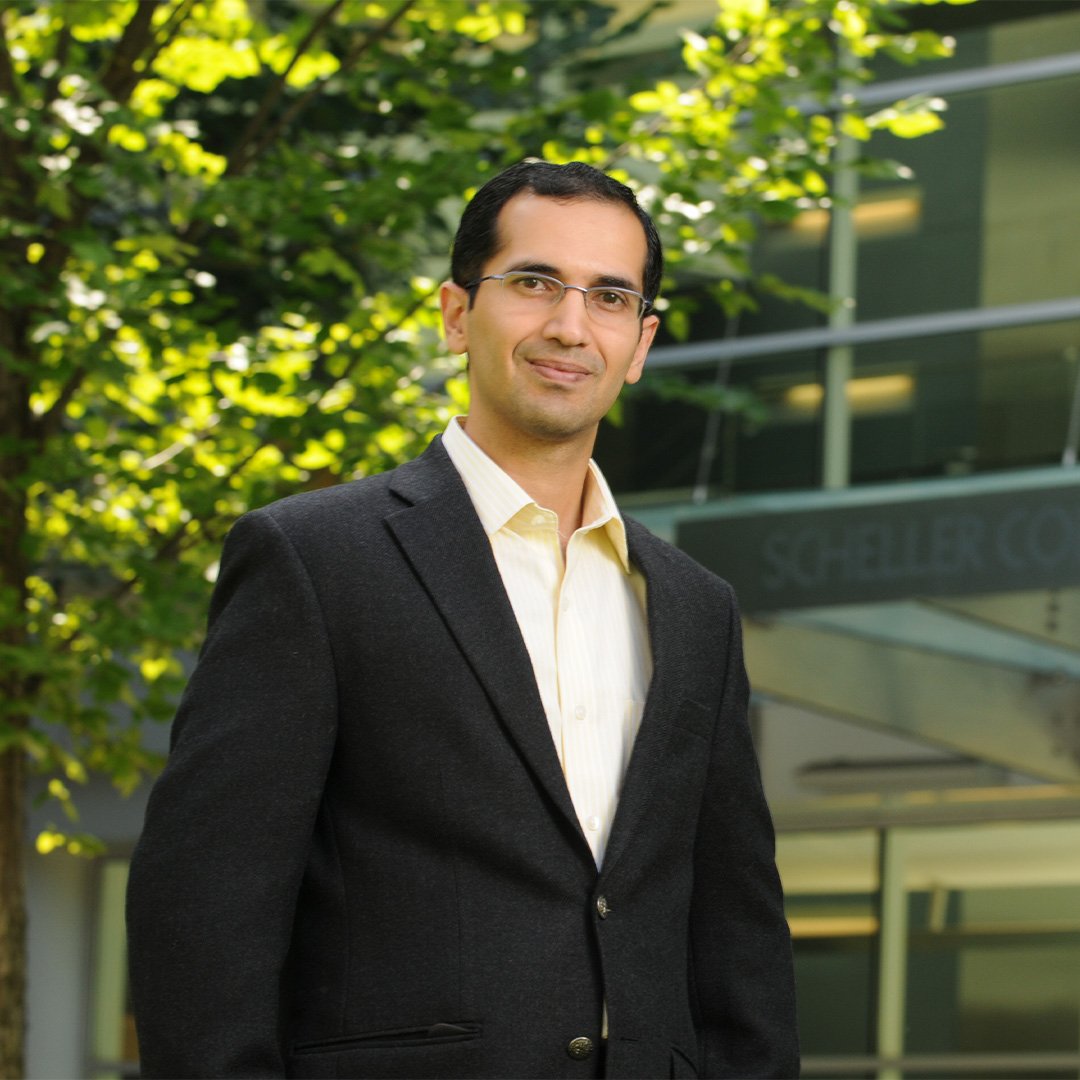School shootings occur almost weekly in the U.S., with effects rippling beyond the school district where a shooting happened. New research from Georgia Tech shows that spending at local businesses across an affected community declines for at least six months.
Following school shootings, community members are 2% less likely to shop at area grocery stores. Convenience shops and liquor stores lose 3% of their business during this period. Restaurant and bar patronage drops even further — to 8%.
Cumulatively, a local economy can lose $5.4 million over six months.
“We set out to explore whether school shootings would have a direct causal impact on community economic activity,” said Adithya Pattabhiramaiah, Sharon A. and David B. Pearce Professor in the Scheller College of Business. “It may seem like a 2% loss is small, but that can add up to a pretty sizable revenue impact for a retailer with small margins.”
The Data
The three-year study combined statistical data and experimental interviews. The researchers started by examining NielsenIQ data, which tracks what shoppers buy at stores by county. Their NielsenIQ sample included 63 fatal school shootings between 2012 and 2019. Next, the researchers combined this with a Center for Homeland Defense and Security dataset of school shootings. They also examined a study of the nutritional value of products people bought at grocery stores in areas with school shootings.
The researchers hypothesized that people buy unhealthier foods to cope with negative emotions. Instead, their analysis showed people don’t buy comfort food after school shootings — because they generally don’t shop at all.
Pattabhiramaiah and his collaborators compared these datasets with those of neighboring counties that did not experience a school shooting. They followed purchasing patterns for a year, from six months before the event through six months after. The study’s statistical controls helped rule out other reasons people might shop less, such as weather events or holidays.
The Emotional Impact
It was important to the researchers to show that people not only spend less, but also why. So, the team conducted experimental studies in which participants read a hypothetical shooting scenario and were asked to share their emotional response to it and discuss how such an event might affect their shopping.
This experimental data backed up the numbers. People are more likely to consolidate their shopping trips and dine out less. This often comes down to anxiety about being in public.
“We show the main driver isn’t fear, or even sadness,” Pattabhiramaiah said. “If that were the case, we would see evidence of people indulging in comfort foods, as past studies have shown. Rather, the main feeling is anxiety.”
One thing is clear from Pattabhiramaiah’s research. Policymakers need to think about how to help their communities recover when school shootings occur. Thriving local businesses are a sign of a community’s economic health — and also its emotional well-being.
Note: This story was originally published by Georgia Tech Research.
